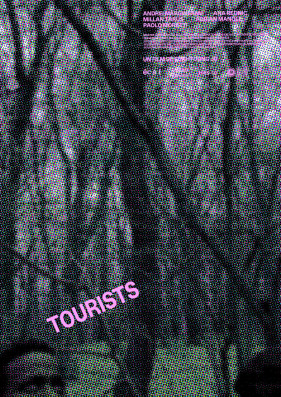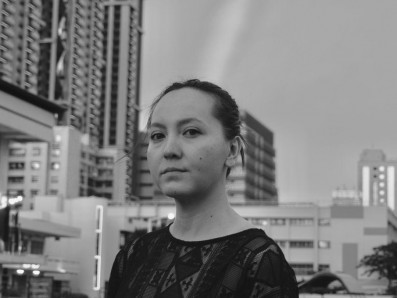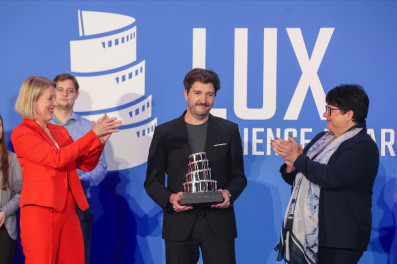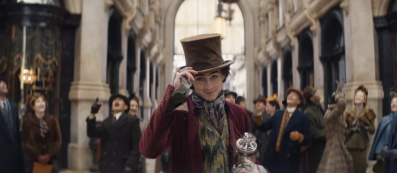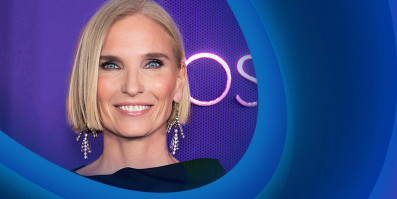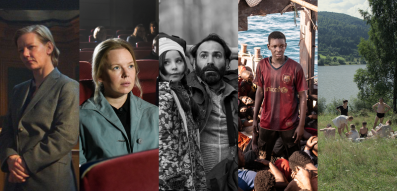
The Capacity for Adequate Anger- PLJ critics workshop review: To observe by being observed
Short films, short reviews by Pravo Ljudski Film Festival "How to Think Film" young critics
Capacity for Adequate Anger is a short, documentary film by German director Vika Kirchenbauer, shot on the occasion of Vika's first institutional solo exhibition in Dusseldorf. The author's return to the village (where she spent her childhood) after ten years, brings to the screen an inexhaustible theme of distance and its multiple meanings reflected in both subjective and socio-artistic senses.
Through an essayistic approach, the author's voice leads us through the tunnels of her emotions throughout the film, and the visual presentation of childhood memories (mostly painful) contributes to the comparison and reflection of emotions with the socio-political context in which those emotions are almost lost and the individual remains injured.
Director Kirchenbauer roughly parallels her entire story with excerpts from the Japanese anime The Rose of Versailles, combining unpleasant, painful memories and often unspoken emotions with scenes of suffering from the series. Inspired by the story of Marie Antoinette and her personal example, the author also opens the topic of sexual affiliation of an individual in a broader context - social, political, artistic and class related to the same. According to a similar principle, the author draws through the film the general influence of pop culture on her life and the current review of it (through photographs, drawings from childhood).
To observe by being observed
Through her example, the director at the same time asks us and reminds us of the importance of observation (either in case we observe or in case we are observed) - primarily in the world (life) of one person, and then in society. The author - observing herself and summarizing the effects with which she was often enslaved - asks the question through what forms such effects can be enabled or blocked and transformed in a work of art. If I can, what is the role of distance observation and does it apply to everyone equally?
‘Personal choice or necessity?’
Kirchenbauer considers distance, its consequences and privileges, but also sets it as a necessity for seeing, experiencing, and thus for critical or artistic work. She brings to light her own struggle and point of view, but also asks all of us: ‘What is the role of distance in relation to the past, present, social positioning and art in general?’
Written by: Ljubica Drndarevic



